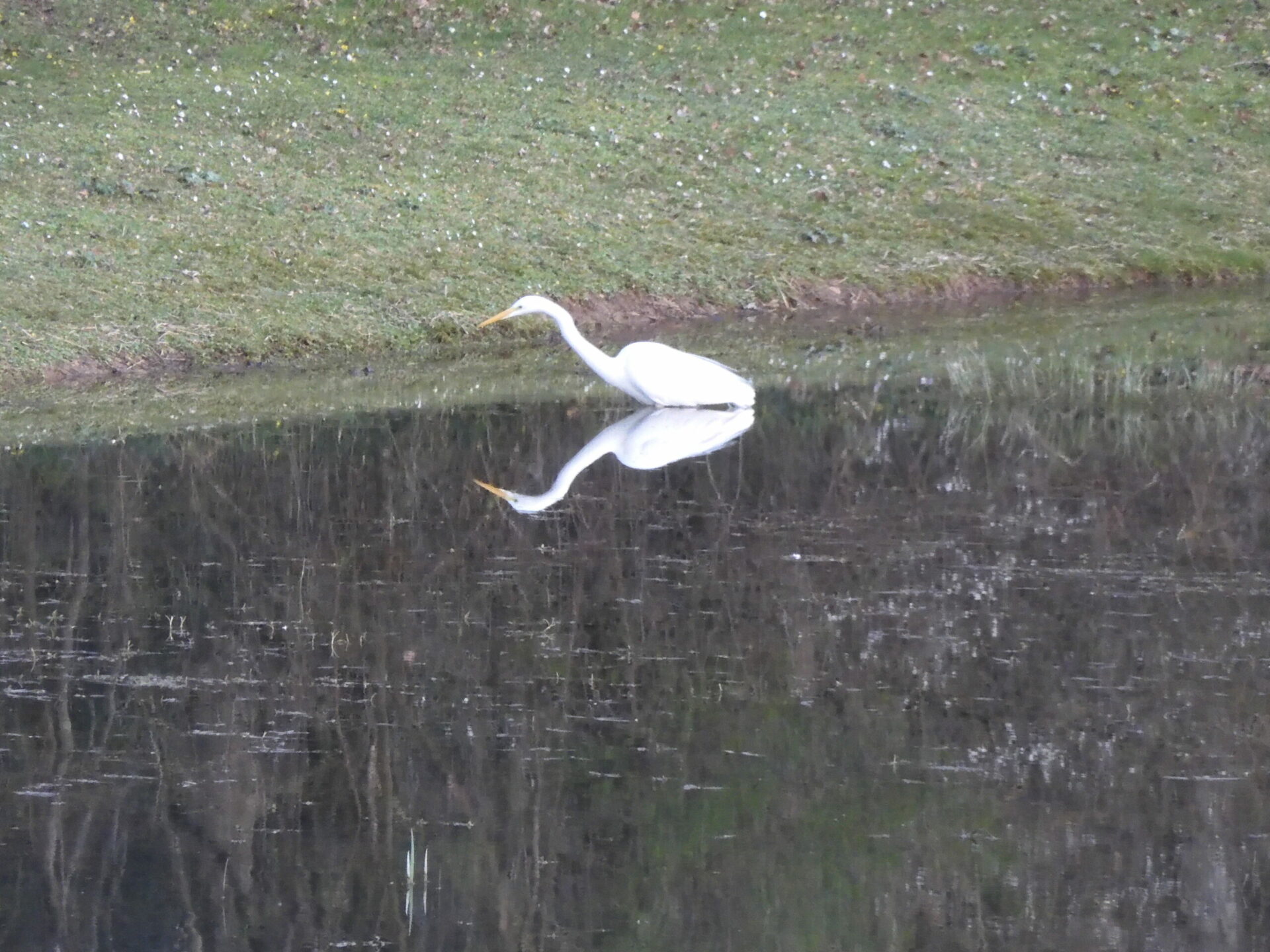The possibility of integration of the ‘self’ with Ultimate Reality is clearly expressed in the ‘Perennial Philosophy’,* which describes the common ground of all the World’s great religions and wisdom traditions. It is important to remember that the commonality this Philosophy stresses is founded in actual practical spiritual experience and not in theological or religious dogma. It is a human possibility not determined by culture: “When the human mind reaches a certain point of experience it comes to this same understanding and this is what constitutes the Perennial Philosophy.” (Fr Bede Griffiths OSB)
The ‘Perennial Philosophy’ confidently states that there is an Ultimate Reality that is both universally immanent in creation and transcendent to it. The reality we can apprehend with the senses is embedded in and sustained by this all pervading Reality. The essential quality of this Higher Reality is that it cannot be reached by the senses or the rational mind: it cannot be expressed clearly by thoughts or images; it is incomprehensible and ineffable. Yet there is something in the deeper eternal ‘self’ of a human being, beyond the personal ‘ego’, which has something in common with this Ultimate Reality and can therefore truly relate to it: it is the ground of our individual being that we share with others and with the whole of creation; it is there that we are all one.
We all possess this ‘essence’, the ‘self’. The ‘Perennial Philosophy’ holds out the firm conviction that everyone, not just special ‘mystical’ types, can therefore reach union with Ultimate Formlessness, irrespective of how this is expressed: nirvana, no-mind, enlightenment, Union with the Godhead.
By practicing meditation as a serious contemplative spiritual discipline we become personally aware of this innate potential for all-embracing unity. We are then gradually transformed by grace to be more and more in tune with this higher level of consciousness. The energy of the ‘self’ aspect of our being will resonate with the similar energy in the Divine Reality
All that is limited by form, semblance, sound and colour,
is called object.
Among them all, man alone
is more than an object.
Though, like objects, he has form and semblance,
He is not limited to form. He is more.
He can attain to formlessness.
(Chang Tzu)
*For clarification and justification of the idea of a ‘Perennial Philosophy’ the best books are Aldous Huxley ‘The Perennial Philosophy’ and Matthew Fox ‘One River, many Wells’.





